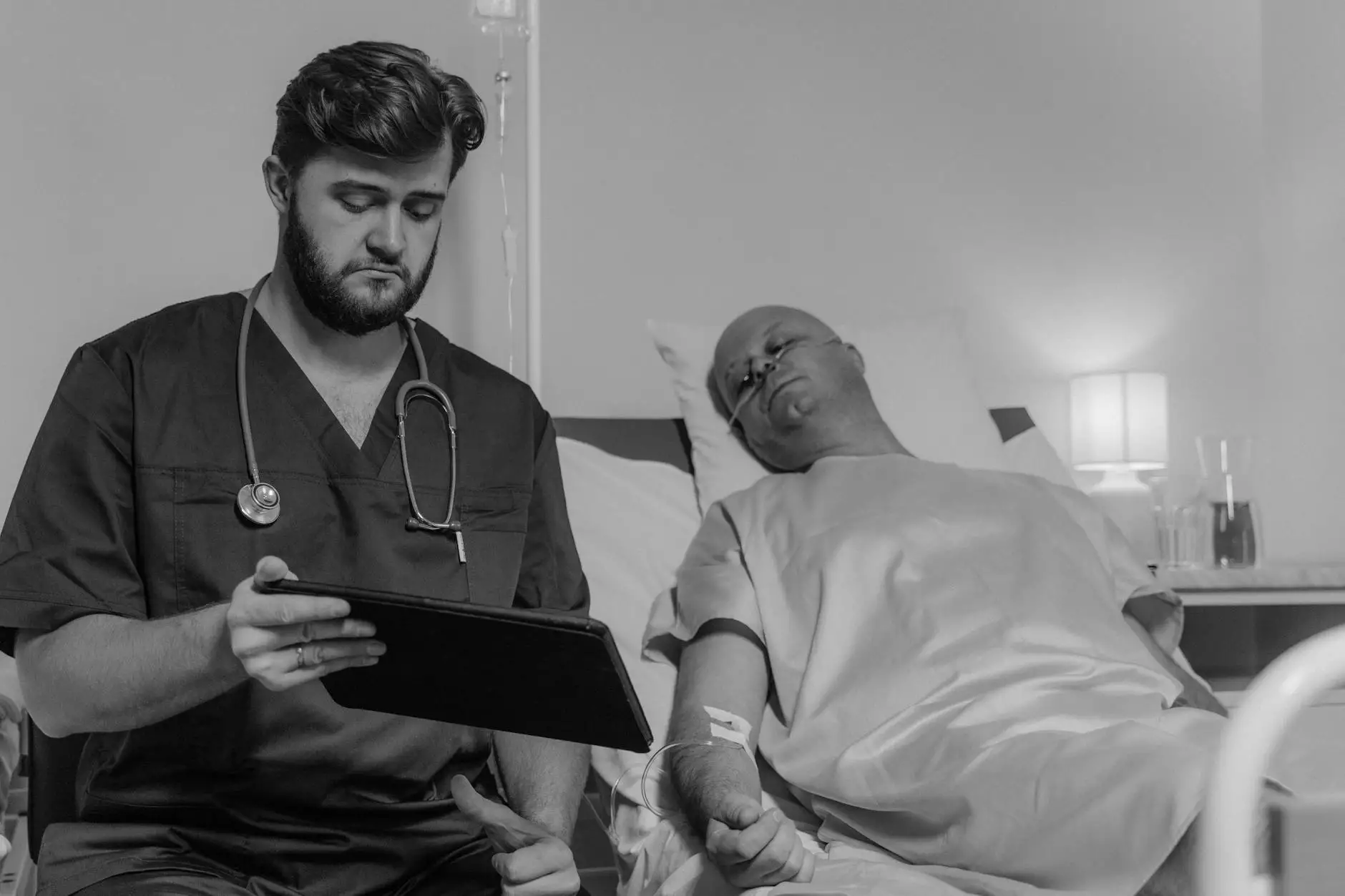Cancer Treatment in Turkey: A Comprehensive Guide

Cancer treatment in Turkey has emerged as a leading choice for patients seeking high-quality medical attention at competitive prices. With its state-of-the-art facilities, skilled healthcare professionals, and a commitment to patient care, Turkey offers a unique setting for individuals battling cancer. This article aims to provide an extensive overview of what makes Turkey an excellent destination for cancer treatment.
Why Choose Turkey for Cancer Treatment?
The decision to pursue cancer treatment in Turkey can be influenced by several critical factors:
- High-Quality Medical Facilities: Turkey boasts numerous accredited hospitals that meet international standards, equipped with the latest technology.
- Expert Medical Professionals: Many oncologists and healthcare professionals in Turkey have received training in prestigious institutions globally.
- Cost-Effectiveness: Treatment costs in Turkey are generally lower than in Western countries, without compromising quality.
- Comprehensive Care: Turkish hospitals offer a range of services from diagnosis to post-treatment care, ensuring a holistic approach to patient wellness.
- Medical Tourism Infrastructure: Turkey is well-prepared to accommodate international patients, providing assistance with travel, accommodation, and translation services.
Types of Cancer Treatments Available in Turkey
Turkey provides a wide array of treatment options tailored to meet individual patient needs. Some of the most common treatments include:
Surgery
Surgical oncology is a primary treatment method for many cancers. Surgeons are adept at removing tumors and surrounding tissues, depending on the cancer stage. Turkish hospitals are equipped with advanced surgical techniques, including minimally invasive surgeries, which promote quicker recovery and reduced pain.
Radiation Therapy
Radiation therapy is used to destroy cancer cells or inhibit their growth. Turkey offers cutting-edge facilities with high-precision radiotherapy equipment such as linear accelerators and brachytherapy, ensuring effective treatment with minimal side effects.
Chemotherapy
Chemotherapy involves the use of drugs to kill cancer cells. In Turkey, oncologists provide personalized chemotherapy treatments, taking into account the type of cancer, stage, and the patient’s overall health. This approach enhances the effectiveness of treatment while minimizing adverse effects.
Immunotherapy
An exciting advancement in cancer treatment, immunotherapy utilizes the body’s immune system to combat cancer. Turkish hospitals are at the forefront of this treatment, offering options like monoclonal antibodies and checkpoint inhibitors.
Targeted Therapy
Targeted therapy focuses on specific genetic markers within cancer cells. By using advanced genetic testing available in Turkey, oncologists can determine the most effective targeted treatments for their patients.
How to Prepare for Cancer Treatment in Turkey
Preparing for cancer treatment in Turkey requires careful planning. Follow these steps to ensure a smooth process:
1. Research Hospitals and Clinics
Investigate hospitals that specialize in oncological care. Look for patient reviews, hospital accreditation, and the specialties of the medical team.
2. Consultation and Second Opinions
Many Turkish hospitals offer online consultations. Utilize these opportunities to discuss your cancer diagnosis and treatment options with specialists. Getting a second opinion is also beneficial.
3. Arrange Travel and Accommodation
Once you’ve identified a facility, make travel and accommodation arrangements. Many hospitals provide assistance with this, including transportation from the airport to the hospital.
4. Gather Medical Records
Compile your medical history, including test results, imaging studies, and treatment records. This information will be crucial for your medical team in Turkey.
Post-Treatment Care
Following cancer treatment, post-treatment care is essential for recovery. In Turkey, hospitals prioritize follow-up care to monitor patients’ progress:
- Regular follow-up appointments to assess recovery
- Rehabilitation services, if necessary
- Palliative care options for managing side effects and improving quality of life
Patient Experience and Support Services
Comfort and support during treatment are critical. Turkey offers numerous patient support services, including:
Counseling Services
Psychological support and counseling help patients cope with the emotional challenges of cancer treatment. Many hospitals in Turkey provide personal or group counseling sessions.
Nutrition and Diet Plans
Dietary modifications can aid recovery. Oncologists and nutritionists in Turkish hospitals can devise meal plans to boost health during treatment.
Language Support
Language barriers can hinder communication. Turkish medical facilities typically offer translation services to ensure clear communication between patients and healthcare providers.
Success Rates and Patient Testimonials
While individual experiences vary, many patients report successful outcomes from their cancer treatment in Turkey. Statistics show that:
- High survival rates: Local and international studies indicate that many patients experience significant improvements in their health.
- Positive testimonials: Former patients frequently share testimonials highlighting their satisfactory experiences and outcomes, bolstering Turkey’s reputation as a top destination for cancer treatment.
Conclusion
In conclusion, opting for cancer treatment in Turkey can be a life-changing decision for many patients. The combination of skilled healthcare professionals, advanced technology, and comprehensive patient care makes Turkey an attractive option for those seeking effective cancer treatment. With significant cost advantages and the availability of a range of therapies, Turkey is certainly worth considering for anyone on the journey to overcome cancer.
For more detailed information about the best options for cancer treatment and to find the right facility for your needs, visit oncologicalsurgery.net.









